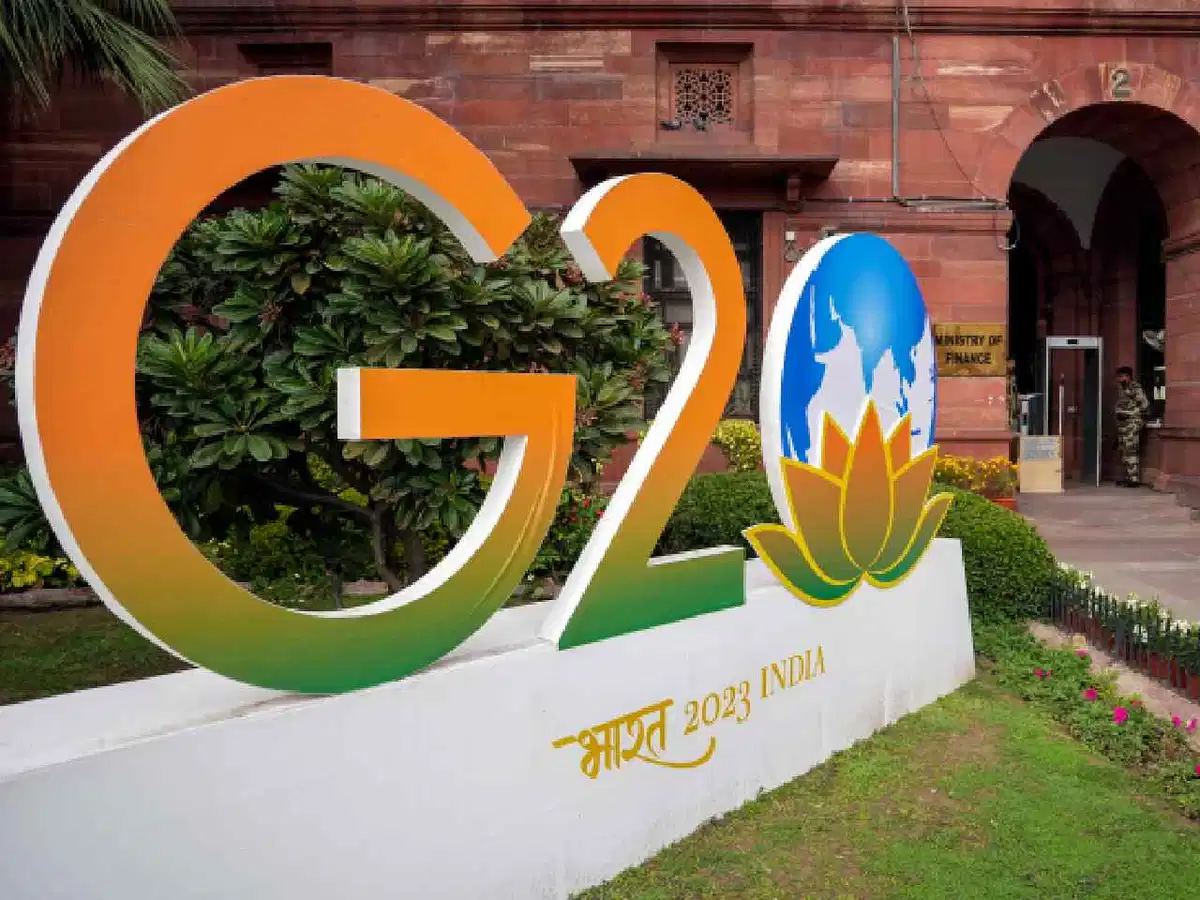ISLAMABAD: China became the first country on Friday to formally boycott the upcoming G20 Tourism meetings and events being held next week in the disputed territory of Indian Illegally Occupied Jammu and Kashmir (IIOJK).
Chinese foreign ministry spokesperson Wang Wenbin told a press briefing in Chinese capital Beijing that China is opposed to a G20 tourism meeting next week in disputed territory of Jammu and Kashmir and will not attend.
“China is firmly opposed to holding any kind of G20 meetings in disputed territory, and will not attend such meetings,” Chinese Foreign Ministry spokesperson Wang Wenbin said. Media reports say that Turkiye is likely to follow the Chinese boycott of the G20 moot while others are considering to follow the suit.
India, which holds the chair of G20 this year, has organised a series of meetings across the country in the run-up to the summit in New Delhi in September. The Chinese move can be seen in protest to India’s illegal annexation of the Muslim-majority state of IIOJK to illegally create the two federal territories of Jammu and Kashmir, and Ladakh on August 5, 2019.
Ties between New Delhi and Beijing have been strained since a military clash in Ladakh in 2020 in which 24 soldiers were killed. Srinagar, the summer capital of IIOJK, will host a meeting of the tourism working group for G20 members on May 22-24. Pakistan has also opposed India’s decision to hold a G20 meeting in occupied Kashmir.
China expressed strong dissatisfaction and firm opposition to the US’ move of reaching a so-called agreement on the first part of “21st century trade initiative” with Taiwan island, Chinese Foreign Ministry spokesperson Wang Wenbin said at Friday’s press briefing.
China firmly opposes any form of official interaction between countries that have diplomatic relations with China, and the Taiwan island, including negotiations and signing of any agreement of a sovereign and official nature, Wang said.
The US’ move has gravely violated the one-China principle and the three China-US Joint Communiqués, as well as its commitment to maintain only non-official relations with the island, said Wang.
The US should abide by the one-China principle and the three China-US Joint Communiqués, stop all forms of official interaction with Taiwan island. The US must not negotiate and sign any agreement with the island that has sovereignty implications and official nature, and must not send any wrong signal to the “Taiwan independence” forces in the name of business and trade, Wang said.

















